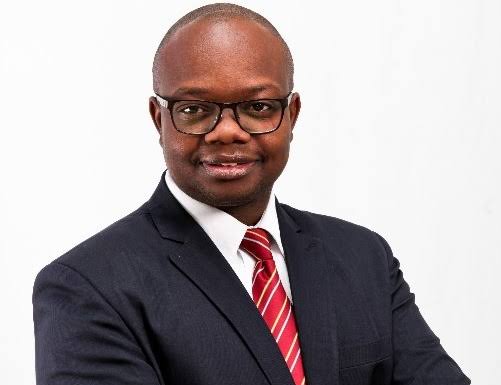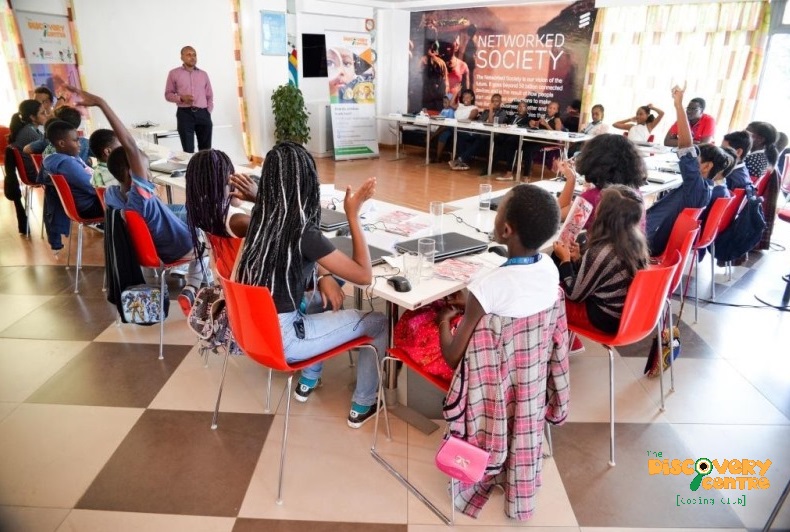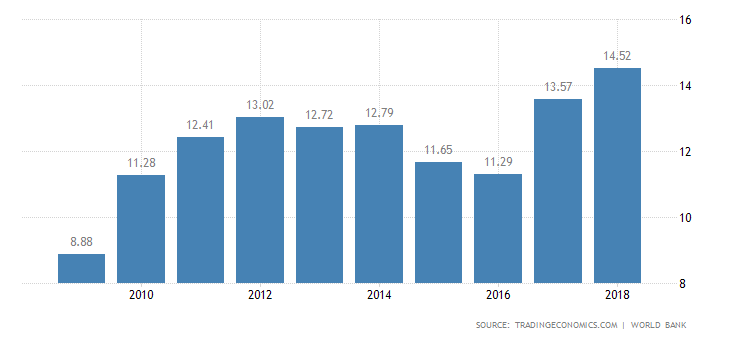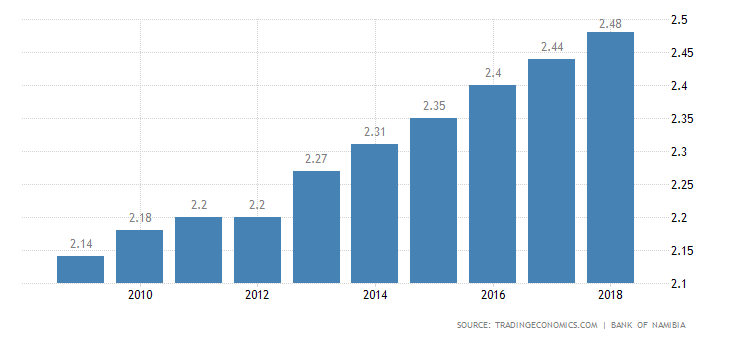Namibians Are Only Allowed To Invest $ 410k Per Year Abroad — Bank of Namibia
There is a limit to how much Namibians can invest abroad. According to the Bank of Namibia Namibian residents 18 years of age and older are only entitled to an investment allowance of N$6 million (about US$410k) per year for investment purposes abroad. However, BoN emphasised that the utilisation of this allowance can only be done through an authorised dealer.
“Additionally, public members are entitled to a single discretionary allowance of N$1 million per year for any foreign exchange transaction through authorised dealers and authorised dealers with limited authority. It should be borne in mind that the abovementioned transactions can only be done with the individual’s own money,” read the statement issued by BoN’s Deputy Director for Corporate Communications, Kazembire Zemburuka.
Here Is All You Need To Know
- Forex trading in Namibia was recently brought into the spotlight by the arrest of self-proclaimed forex traders, Michael Amushelelo (28) and Gregory Cloete (28); the specialised trade is advertised all over the internet including on social media as an additional source of income.
- The duo, known for flaunting their lavish lifestyles, were arrested on charges of conducting banking business without authorisation, accepting money from the public for investment without being authorised to do so under the Banking Institutions Act, money laundering, and acquiring, possessing or using property forming part of the proceeds of unlawful activities.
- In the statement, Zemburuka noted that the choice of foreign investment is up to the discretion of the individual but for this allowance to be processed a certificate of good standing from the Receiver of Revenue is required.

Only Authorised Dealers Are Permitted To Deal In Foreign Exchange
According to BoN, foreign exchange in Namibia is regulated by the Currency and Exchanges Act, 1933 (Act №9 of 1933), the Exchange Control Regulations 1961 and the Rules and Order issued under these laws. Under these laws, only licensed authorised dealers (ADs) such as commercial banks and authorised dealers with limited authority (ADLAs), commonly known as bureaus of exchange, can deal in foreign exchange. As such, all persons and entities that wish to acquire foreign exchange for legitimate reasons must do so via commercial banks or foreign exchange bureaus.
“Thus, any person or entity transacting in foreign exchange without complying with the above applicable laws and the process described above, does so unlawfully. The Bank of Namibia has published a list of all licensed AD and ADLAs on its website. Therefore, individuals making use of these licensed entities to acquire foreign exchange do not need to register with the Bank of Namibia,” Zemburuka stated.
He added that the exchange or conversion of the Namibia Dollar into any foreign currency is regulated to control the use of Namibia’s foreign currency reserves in the best interest of the economy.
“Despite the above, the Bank recognises that there may be a legitimate need for individuals to transfer or invest money abroad, hence the law permits the purchasing of foreign exchange under specified conditions,” the statement reads.
How Forex Traders Make Their Money
Authorised forex traders make their money through arbitrage, which is defined as “the simultaneous buying and selling of securities, currency, or commodities in different markets or in derivative forms in order to take advantage of differing prices for the same asset”. Since currencies are traded in pairs the foreign exchange market does not set a currency’s absolute value but rather determines its relative value by setting the market price of one currency if paid for another; which means using opportunities where there is a huge demand for dollars, and where there is a relatively strong liquid supply in other markets.

The idea in forex trading is to roll cash constantly to make money off the daily variances in change of currency value fluctuations in separate markets. This usually involves an element of trading between banks usually called the “interbank market”, spot changes and currency fluctuations in different markets and the ability to act very quickly on these changes.
All institutional investors, such as Sanlam and Old Mutual, participate in forex trading but these institutions usually hedge their bets using derivative structures such as insurance to only expose their clients or a small portion of their money to it.
These authorised traders also use a natural hedge, which is for instance when the Rand/N$ weakens against the US Dollar, then it makes sense to take some money off-shore to benefit from the stronger US$ and vice versa.
Charles Rapulu Udoh

Charles Rapulu Udoh is a Lagos-based Lawyer with special focus on Business Law, Intellectual Property Rights, Entertainment and Technology Law. He is also an award-winning writer. Working for notable organizations so far has exposed him to some of industry best practices in business, finance strategies, law, dispute resolution, and data analytics both in Nigeria and across the world









